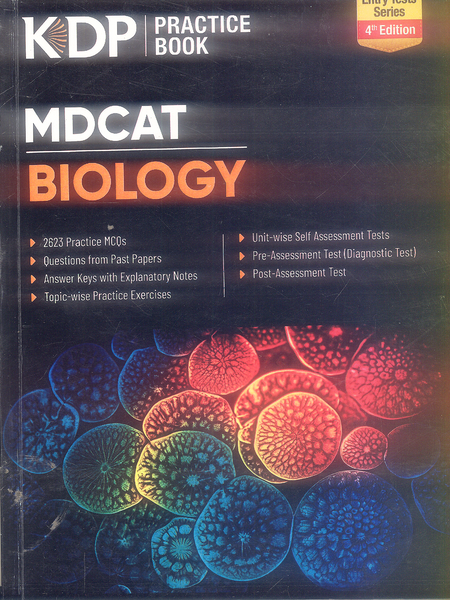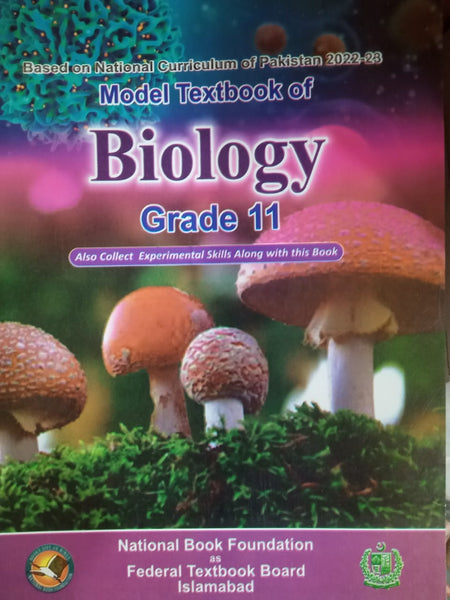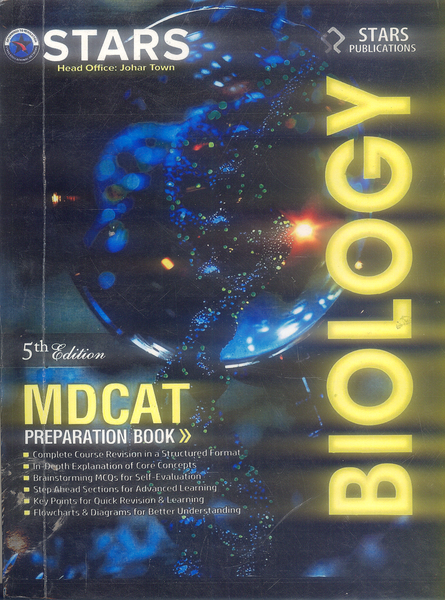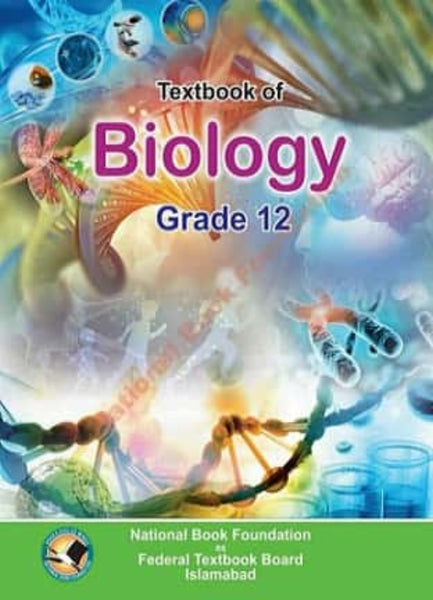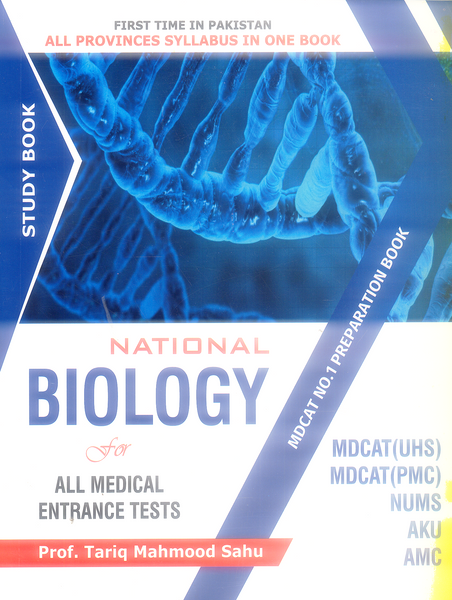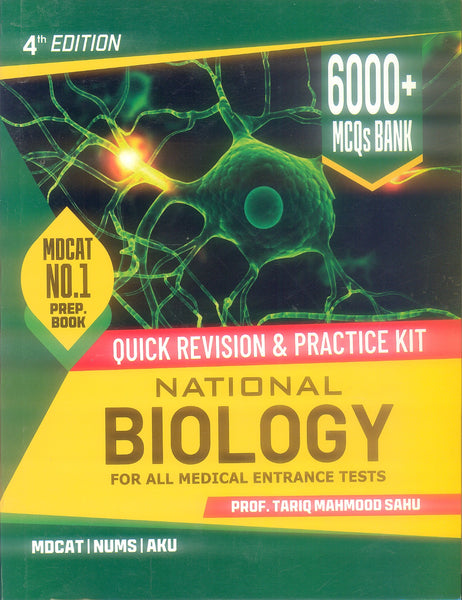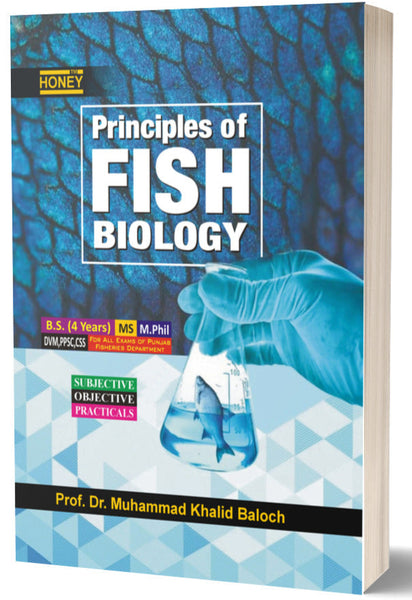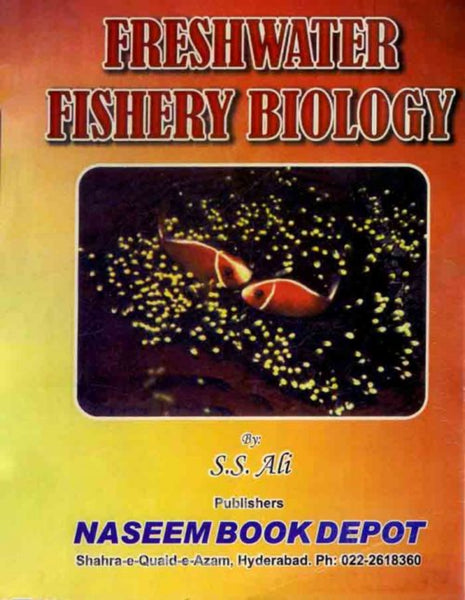Lifecycles of Pathogenic Protists in Humans by Wanderley de Souza (Editor)
- Publisher: BIOLOGY
- Availability: In Stock
- SKU: 49336
- Number of Pages: 625
Rs.1,290.00
Rs.1,595.00
Tags: Antiparasitic Treatments , best books , Best Price , Best Selling Books , Clinical Pathology , Disease Pathogenesis , Disease Prevention , Disease Transmission , Emerging Infectious Diseases , Epidemiology of Protozoan Diseases , Host Defense Mechanisms , Host-Parasite Interaction , Human Diseases , Human Infection Pathways , Human Pathogens , Immunology , Infection Control Strategies , Infectious Diseases , Leishmaniasis , Lifecycle of Protists , Lifecycles of Pathogenic Protists in Humans , Malaria , Microbiology Monographs , Molecular Biology of Protists , ONLINE BOOKS , Online Bookshop , Parasite Biology , Parasitic Diseases , Parasitic Lifecycles , Parasitology , Pathogen Survival Strategies , Pathogenic Microorganisms , Pathogenic Protists , Protist Pathogens , Protozoa , Protozoa in Human Health , Protozoan Biology , Protozoan Infections , Protozoan Infections in Humans , Protozoan Lifecycle Stages , Tropic Diseases , Trypanosomiasis , Vector-Borne Diseases , Wanderley de Souza
Lifecycles of Pathogenic Protists in Humans
Editor: Wanderley de Souza
📘 Introduction
Lifecycles of Pathogenic Protists in Humans explores the complex and fascinating life cycles of various pathogenic protists that infect humans. Edited by Wanderley de Souza, this book provides a detailed examination of the biology, transmission, and pathogenic mechanisms of protists, which are responsible for several significant diseases worldwide. With an in-depth focus on the molecular, cellular, and ecological aspects, the book serves as a comprehensive resource for students, researchers, and healthcare professionals looking to understand the intricate biology of these pathogens. The book covers well-known pathogens such as Plasmodium (malaria), Trypanosoma (sleeping sickness), and Leishmania, providing insight into their transmission dynamics and the challenges associated with controlling these diseases.
📖 Key Features
-
In-depth Exploration of Protist Life Cycles:
-
The book delves into the various stages of the life cycles of pathogenic protists, detailing their development within both human hosts and intermediate hosts, providing a clear understanding of their transmission and pathogenicity.
-
-
Focus on Disease Mechanisms and Pathogenicity:
-
A key aspect of the book is the detailed explanation of the mechanisms by which these protists cause diseases in humans. It offers insights into how they evade the immune system and the cellular interactions that lead to infection.
-
-
Multidisciplinary Approach:
-
The book incorporates insights from various disciplines, including parasitology, immunology, and molecular biology, offering a well-rounded perspective on the study of protists. This makes it valuable for a diverse audience, from researchers to medical professionals.
-
-
Research-Driven:
-
The book is grounded in the latest research, providing readers with up-to-date information on the study of pathogenic protists, the ongoing research challenges, and emerging trends in treatment and control measures.
-
-
Global Health Perspective:
-
Highlighting the global impact of protist infections, the book provides a critical perspective on how these diseases affect populations worldwide, especially in developing countries. It also discusses the efforts being made to control and eliminate these diseases.
-
🎯 Conclusion
Lifecycles of Pathogenic Protists in Humans is an essential resource for anyone involved in the study of infectious diseases, particularly those caused by parasitic protists. By offering detailed insights into the life cycles, mechanisms of infection, and current research on treatment and control, this book enhances our understanding of the biological and ecological factors influencing these diseases. It serves as a crucial tool for advancing research and improving global health strategies against these harmful pathogens.



